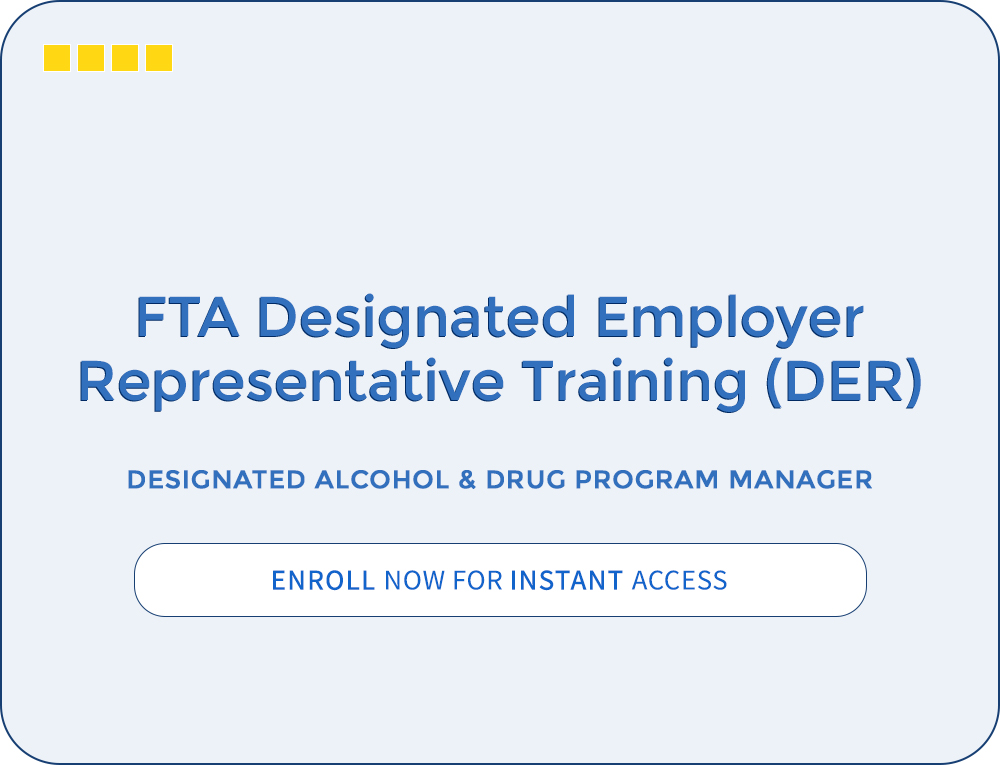The U.S. cannabis landscape has been anything but stable. For decades, the country has witnessed oscillating views on the drug, ranging from slander to advocacy, and today, employers find themselves in the eye of a storm, navigating the challenges and prospects of an evolving marijuana regulatory landscape.
The rescheduling of marijuana is not just about medical recognition. It's also a crucial political issue. With polls suggesting that most Americans back legalization, both major parties aim to use this sentiment in the upcoming presidential election.
While HHS's recommendation[1] marks a monumental step towards recognizing marijuana's medical contributions, industry advocates emphasize more alignment between federal and state laws. The ultimate goal for many is to see cannabis regulated similarly to alcohol.
The history of cannabis in the U.S. is long and complex. In the early 20th century, it was criminalized in various states, leading up to its federal prohibition in 1937 with the Marihuana Tax Act. Fast forward to 1970, and it was classified as a Schedule I drug under the Controlled Substances Act, deemed to have a high potential for abuse and no accepted medical value.
Yet, the ensuing decades saw a wave of advocacy and increasing scientific interest, revealing the potential medical benefits of cannabis. This push resulted in individual states, beginning with California in 1996, legalizing medical marijuana.
While 38 states have legalized marijuana in some form,[2] the federal government's stance has remained unchanged, leaving the nation in a conflicting situation. It's a dichotomy Senator Chuck Schumer highlighted when he said, "It's time our federal legislation reflected the evolving understanding and societal perceptions of marijuana."
The recent Department of Health and Human Services (HHS) recommendation marks a watershed moment. Proposing a shift of marijuana from Schedule I to Schedule III signals a significant pivot in the government's stance, resulting from continuous advocacy, emerging scientific evidence, and evolving public perception, and the evolving landscape of cannabis regulation presents many challenges and opportunities for employers. Understanding the implications on multiple fronts becomes paramount as they navigate these waters.
Navigating the complex terrain of cannabis laws in the U.S. presents a formidable challenge for employers. Central to their concerns is the diverse regulatory landscape that varies from state to state. In one jurisdiction, recreational use might be wholly embraced, while in another, only medicinal use is sanctioned, and elsewhere, it could be prohibited in its entirety. This patchwork approach to cannabis regulation often leaves employers oscillating between different rulebooks, trying to strike the right balance.
Adding another layer of complexity is the glaring discrepancy between federal and state laws. While many states have taken strides in legalizing cannabis to varying degrees, it remains outlawed at the federal level. This discord sets a precarious stage for employers, especially those with operations spanning multiple states. They find themselves in a tight spot, constantly treading cautiously to sidestep any legal landmines.
Shifting gears to internal policies, the traditional cornerstone of drug testing in hiring procedures is now under the microscope. As state laws pivot, what were once ubiquitous drug policies are now up for reassessment. The difficulty for employers is ensuring a safe and efficient workspace while respecting and upholding employees' rights, particularly in states that have given cannabis the green light. This balancing act necessitates a thorough review and potential overhaul of existing protocols to align them with the ever-shifting legal contours.
As cannabis regulations change, the need for employers to be both adaptive and deeply conscious of state and federal laws and maintain a compliant and fair stance is paramount for employers in this brave new world of cannabis legalization. As the landscape of cannabis legalization continues to grow, employers face a pivotal crossroads where the intersection of safety and cannabis consumption demands their utmost attention.
In an environment where more employees may use cannabis—whether for medical or recreational purposes—ensuring workplace safety becomes an imperative. This mandate cuts across industries but is significant in roles that demand precision, focus, and vigilance. From operating machinery that requires acute concentration to providing healthcare services where clear-headed decision-making is paramount, employers must establish unambiguous policies to address on-the-job impairment and uphold the safety of all stakeholders.
The transformation of cannabis regulations also beckons a reevaluation of established drug testing policies. Notably, pre-employment screenings warrant fresh scrutiny. The potential rescheduling of cannabis could shift the paradigm of what is considered acceptable in terms of THC, the primary psychoactive compound in cannabis, and its detectable presence in the body. As employers recalibrate their drug testing protocols, they uphold employee rights, particularly in states where medical or recreational cannabis use is legally sanctioned.
Employers should actively invest in training and awareness programs[3] when transitioning from policy to action. The goal is to equip employees with a nuanced understanding of the effects, risks, and responsibilities entwined with cannabis use. As cannabis regulation evolves, employers are thrust into a pivotal role. The impending rescheduling of cannabis to Schedule III demands adaptability, compliance, and safety.
Employers can exhibit resilience and innovation amid legal complexities, financial shifts, and nuanced safety protocols. Beyond policies, fostering awareness through education and training empowers employees to navigate the intricacies of cannabis usage.
This transformative era beckons employers to shape responsible practices. Embracing change, prioritizing safety, and nurturing well-being define the path forward in this dynamic landscape. With foresight and diligence, employers confidently navigate uncharted territory, shaping a future informed by progress and responsibility.







